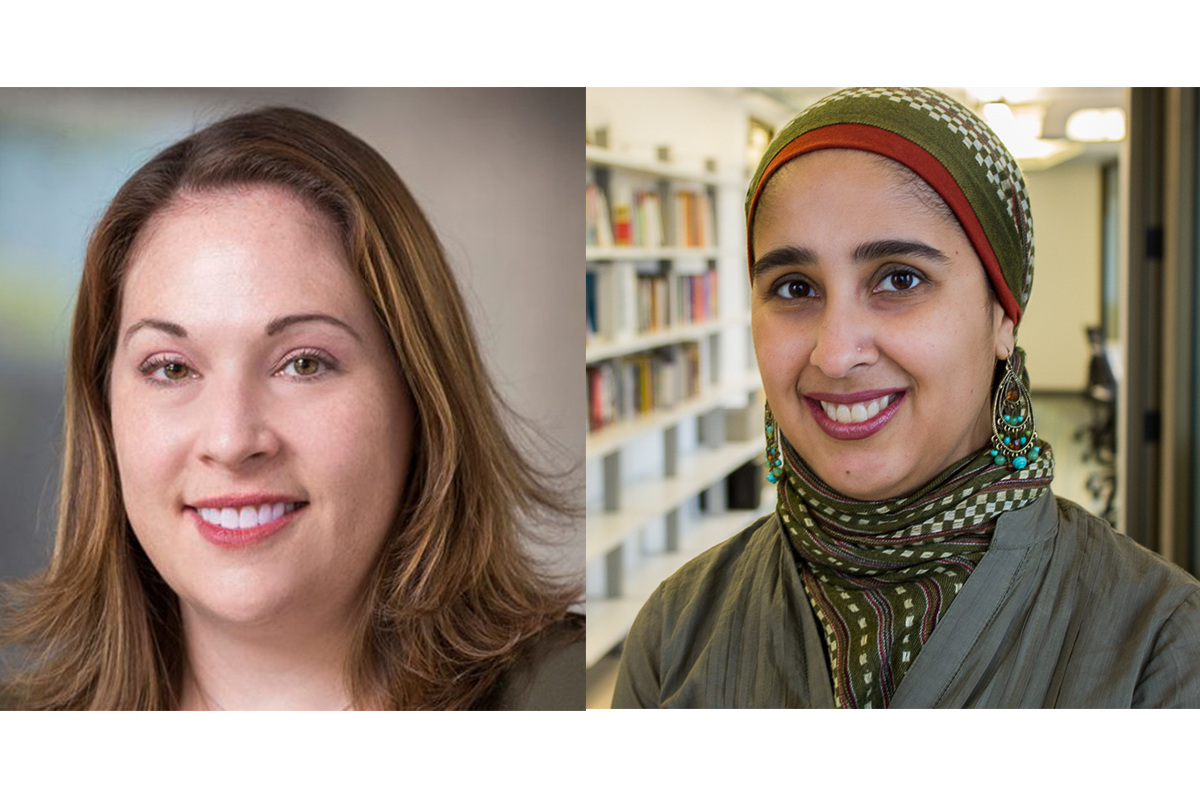Co-writers: Nadiah Mohajir, HEART Women & Girls; Julie Patrick , RALIANCE
This week, RALIANCE is excited to join many of our grantees at this year’s 2018 National Sexual Assault Conference (NSAC) in Anaheim, CA. From sharing prevention strategies to lessons learned, we are encouraged by the progress these organizations have made in the fight to end sexual violence in one generation.
Since we were founded in 2015, RALIANCE has supported 52 projects to advance prevention solutions. One of these grantees is HEART Women & Girls, a Chicago-based non-profit organization that used a RALIANCE Impact Grant to implement a series of sexual violence prevention trainings for Muslim students and student leaders on college campuses across the nation to develop victim-centric approaches, policies, and best practices.
Below is blog conversation between RALIANCE and Nadiah Mohajir, HEART Co-founder and Executive Director, who shared why prevention matters and what it can look like.
Where did you take this project?
Our project implemented a series of trainings targeting Muslim students and student leaders on in California, Illinois, and Washington, DC to come together to understand sexual violence, learn how to support victims, and develop victim-centric approaches, policies, and best practices that address and prevent sexual violence in student organizations. As such, by the end of the project we trained 25 student leaders at three day-long trainings and then conducted two-hour 101 workshops on six campuses, reaching an additional 134 students. Our student leaders were engaged through the course of the year, continuing their education through webinars and co-designing ongoing programs and campaigns for their campus communities.
The trainings had three components: 1) training student leaders as survivor advocates, 2) raising awareness on sexual assault, and 3) research and evaluation. Through our curriculum, participants explored experiences with stigmas around sex, sexual violence, and rape culture in Muslim communities, and the importance of centering identities and lived experience when building victim-centric spaces. Finally, students learned how to support survivors in Muslim communities, the numerous avenues of support available to them both on campus as well as in their local communities, and how to dismantle systemic barriers to services so that more survivors in Muslim communities seek healing and justice. This program also worked to bridge the gap between Muslim students on campus and the support services available to them, such as Title IX offices and anti-sexual assault advocacy departments.
These trainings set the foundation for our long-term vision for our sexual assault work and raised the importance of bringing intersectionality and nuance to the forefront when working to build victim-centric spaces on college campuses.
Why was investing in training peer educators so important?
There is a unique healing and change that is facilitated by student activism, and so we designed this program so that once we trained student leaders, the ongoing programming could be student-led, with our technical assistance. Moreover, these student leaders often continue to become leaders in mosques, other Muslim institutions, and communities, so we want them to feel equipped with skills to identify, address, and prevent sexual violence in their communities as they graduate and give back.
How did community-building factor into the project?
This project was based on strengthening the relationships HEART had built in previous years with Muslim students’ Associations (MSAs) across the nation, as well as with the Center for Urban Research and Learning at Loyola University that assisted with the evaluation of this project. Much of the success of this program is due to the time and effort our teams spent to build trust and community buy-in with Muslim students on campus, and the student organizations that support them.
What’s next for HEART?
We are excited to continue this work and scale it across the country on various campuses. Some of the groups we worked with expressed interest in establishing a campus-specific HEART chapter to institutionalize this work. We are excited to support that. We hope to not only engage student groups like Muslim Students Associations, but also other groups such as cultural groups and student activist groups to further create intersectional and interdisciplinary programming.
Sexual violence affects everyone – regardless of background, academic, professional, or personal interest – and we believe that every single one of us can play a role to help end sexual violence. We’re excited to help play a role in calling people to action and equipping folks with the tools and language they need to make a difference so that ultimately, they become agents of change in their own communities.
Learn more about HEART Women & Girls’ project and the ways prevention looks in communities via our searchable online RALIANCE Impact Grant portal. If you are interested in attending the NSAC sessions sponsored by RALIANCE, please visit the conference website. #BoldMoves #NSAC2018.

